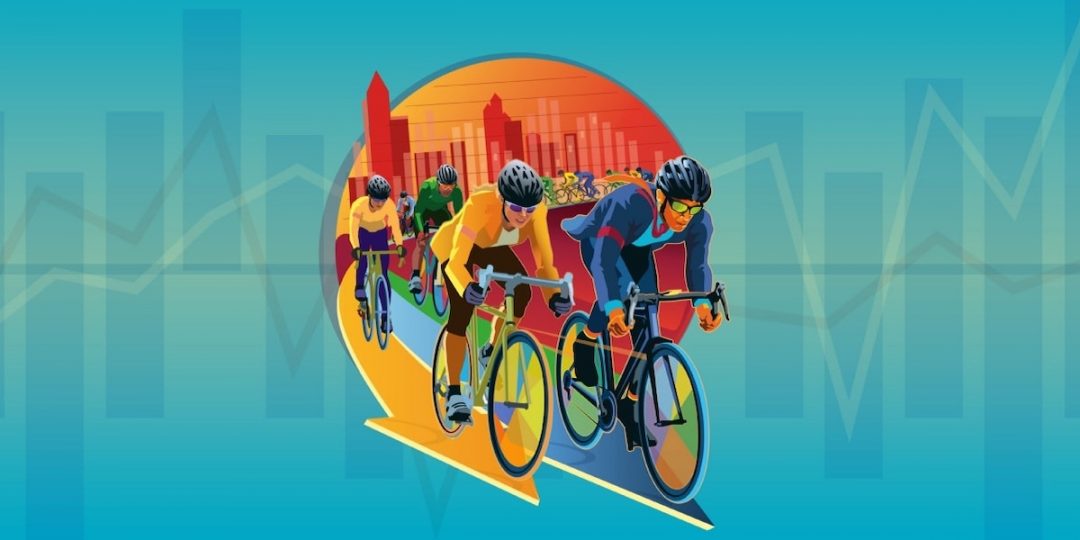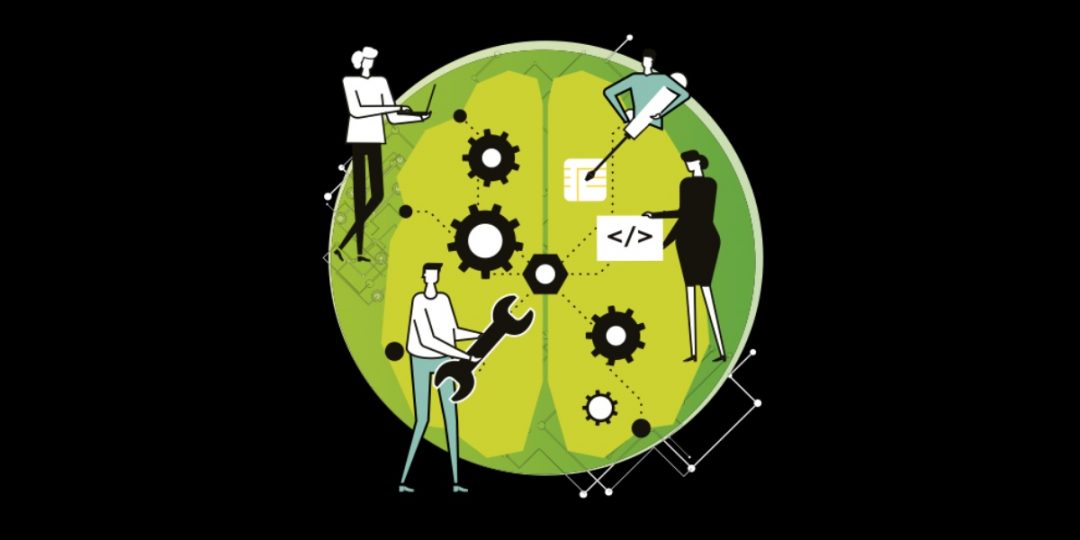We have a new blog post up on the Deloitte blog, The government is paying you to innovate. The post points out that, due to a number of factors, now might be the perfect time to innovate.
There is a few reasons for this.
First is that we seem to have a perfect storm for innovation. The pandemic means that doing the old thing is not an option for many firms, with many of us stuck at home and the government restricting how businesses operate. At the same time, new demand is appearing and we all learn how to live in the new normal.
Second, and as we pointed out in Getting out of the crisis, the business environment post shutdown is unlikely to be the same as pre shutdown. The best way to prepare is to experiment now, to learn how consumer behaviour is changing, and start building the assets and services that will you’ll use in the new normal.
Third, and finally, the government is providing unsecured loans and is even willing to underwrite payroll. The government is effectively paying you to innovate.
There’s already early evidence that firms who are experimenting and adapting will emerge from this shutdown more efficient and effective than they went in. Now would appear to be the perfect time to innovate.
Published on the Deloitte Innovation blog, 20th of May 2020, as The government is paying you to innovate.
Continue reading



